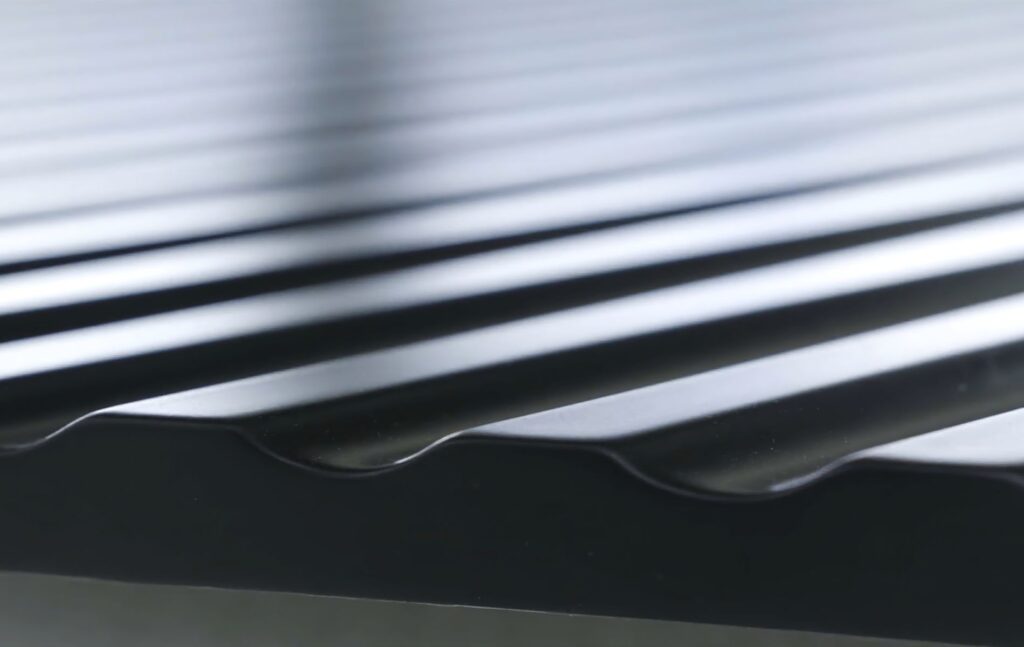PVC flat roofs are made of polyvinyl chloride as a single-ply roofing material. They are mostly used in commercial and industrial buildings but are lately finding popularity in the housing market as well.
PVC flat roofs are known to be quite versatile and convenient. But here is a look at their pros and cons so you can get a better idea for yourself.
Advantages of PVC flat roofs
PVC flat roofs are strong and long-lasting. They have great waterproofing and insulation capacities and are created with durability in mind. The material itself is engineered for strength and it can last for a couple of decades or more. It has a breaking strength of 200 pounds per inch. What this means is that PVC flat roofs can withstand the micromovements a building experiences during very strong winds.
In addition, PVC roofs are resistant to chemicals and other hazardous materials. Therefore these roofs are perfect for commercial or industrial buildings that release harsh chemicals through vents in the roof.
PVC flat roofs can also withstand prolonged exposure to animal fat and grease.
Also, PVC flat roofs are resistant to fire. These roofs burn slowly and are difficult to ignite and they can also self-extinguish when the flame source is removed.
Disadvantages of PVC flat roofs
One of the main disadvantages of a PVC flat roof however is its installation. PVC flat roofs need a very flat and clean surface to be put on properly. So if you have an existing roof you need to uninstall the previous roof before installing a PVC one. Therefore, the timeframe as well as the price to get your PVC flat roof finished will be higher than other roofs.
Next, PVC flat roofs need extra repairs when they reach the 10-year-old mark. More problems occur with age and repairs become harder the older the roof gets. In addition, new sealants wear off much faster on an older PVC roof.
Last but not least, if the building is located in a cold area, PVC roofs can start to shatter or experience punctures. As such, walking is not allowed on a PVC flat roof if temperatures fall below 50 degrees. Repairs are also advised in warmer temperatures.
Contact us at RH Renovation NYC to discuss whether a PVC flat roof is the right option for your property. Our team has years of experience dealing with flat roofs and can give you the best advice thanks to our expertise in roof reconstruction projects.



